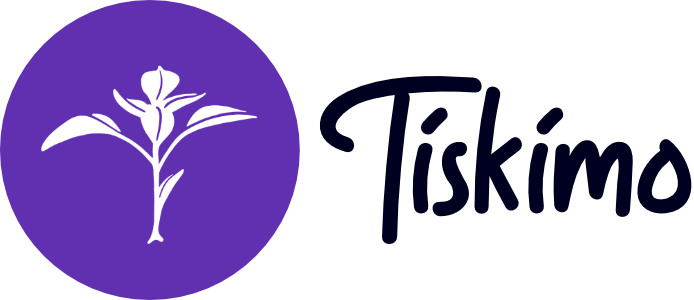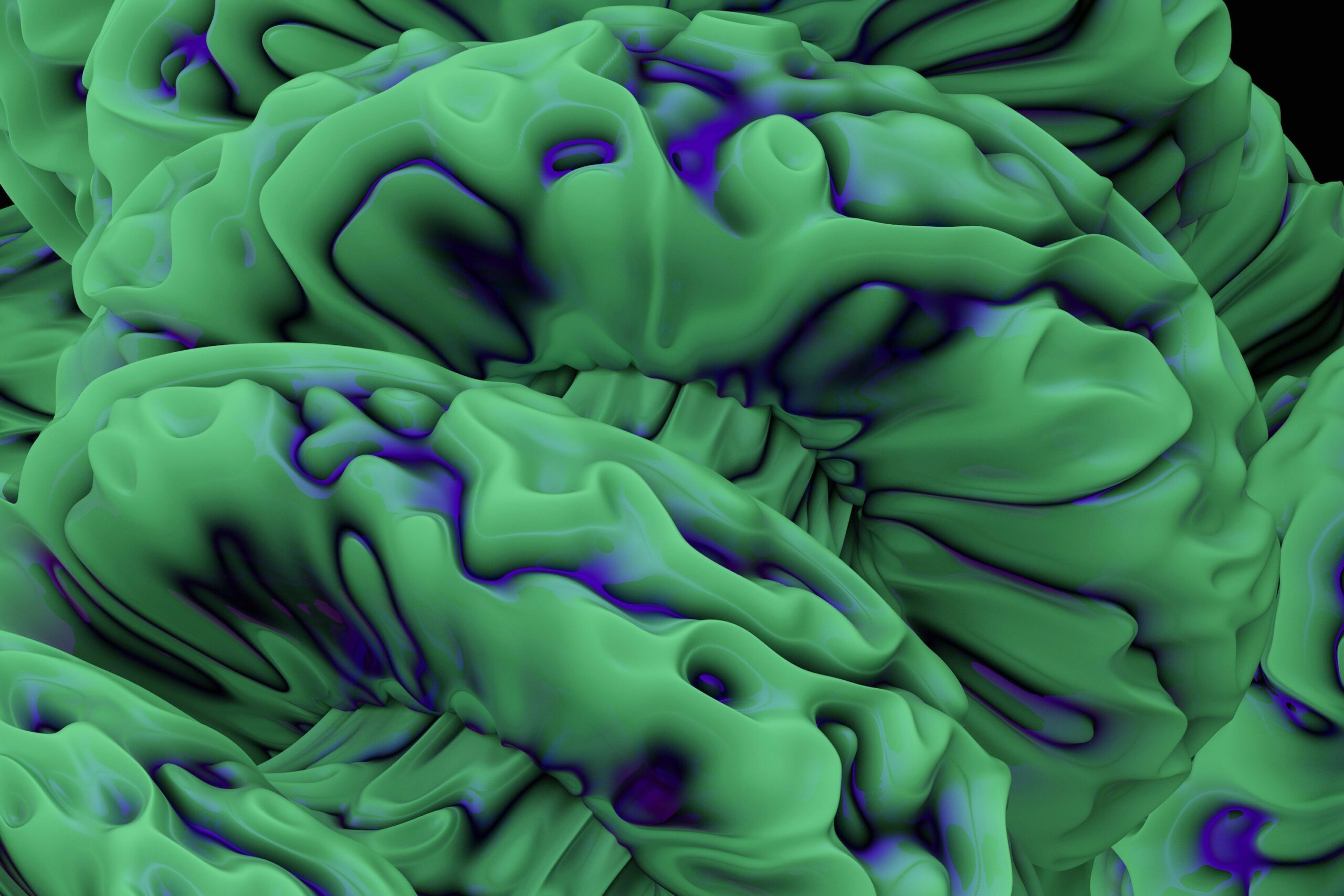Have you ever felt your workplace doesn’t quite fit the way you think, process and move through the world? From the recruitment process to team dynamics, many workplace ‘rules’ have evolved from stereotypical ideas of how people think and work. Different ways of thinking bring fresh perspectives and powerful strengths – and unlocking them can be a real game-changer for you and the place you work. Sometimes organisations just need a gentle nudge to recognise what is already there.
What’s the issue?
Being neurodivergent often means navigating systems and environments that can be overwhelming, unsupportive or just plain confusing. This can cause stress your colleagues may not experience, certainly not in the same way or to the same degree.
Traditional business practices and environments are shaped by assumptions of how people should think, communicate and behave. From the job application and interviews to onboarding, everything is shaped by these norms. Physical workplaces, too, are rarely designed with wellbeing in mind, particularly for people with sensory processing differences.
Once in role, recognition and reward frequently focus on generic behaviours : teamwork, multitasking, rapid task-switching, or particular communication styles. For neurodivergent professionals, some of these expectations may feel restrictive, or overwhelming, impacting performance, limiting progression or reducing confidence. Over time, resignation or burnout are strong possibilities.
The strengths of people who think differently
Despite what you may have been led to feel, you will undoubtedly bring additional skills and different perspectives. When these are recognised and valued, this can be highly rewarding for you, and can also offer your employer a genuine competitive edge.
Let’s look at some of these strengths:
- Exceptional attention to detail, accuracy, and quality control: for those who enjoy fine-tuning, the process itself can be intensely satisfying, and the outcome…polished, reliable products and services that strengthen the organisation’s reputation
- Pattern recognition and data spotting: noticing anomalies, trends, and connections that others may miss. This can be deeply rewarding for the individual, but also helps organisations avoid costly mistakes, discover fresh opportunities, and explore new ways of working
- Creativity and divergent thinking: new ideas don’t always have to be groundbreaking – they might be a simple tweak that improves team processes, an inventive solution to a long-standing problem, or a way to fix those everyday irritations no one has got round to yet
- Hyperfocus and sustained concentration: when fully engaged, some people experience bursts of intense productivity. Beyond personal satisfaction, this level of focus can lead to new insights and breakthroughs that would not surface without deep, sustained thinking
- Visual thinking and strong perceptual skills: seeing problems through a visual lens can bring fresh perspectives and creative solutions. It can also make information easier to understand, improving accessibility for wider audiences
- Big-picture, systems and strategic thinking: by connecting ideas across different areas, new approaches to time, effort, and solutions can emerge. This way of thinking also helps teams stay focused on long-term goals, even when day-to-day demands are distracting
- Strong memory for facts, routines, or specialised interests: reliable recall can be a huge asset in the workplace, providing accurate information quickly, giving teams a stable foundation to build on. For the individual, engaging with areas of interest can also be calming and regulating
- Persistence and task follow-through: some neurodivergent people excel at seeing tasks through to completion. These practices are often undervalued, yet are essential for ensuring projects reach completion
- Curiosity and rapid idea generation: the flow of ideas, including tangential thinking, can bring energy to teams and projects. This enthusiasm helps generate momentum, creates new opportunities, and inspires others to get involved
- Directness and clarity in communication: what may sometimes be labelled as “bluntness” is often a strength – cutting through unnecessary noise and enabling faster, more honest conversations. This clarity supports better collaboration, transparent decisions, and steady progress
- Empathy and alternative people skills: the idea that neurodivergent people lack empathy is a myth. Many are highly sensitive to the emotions and dynamics around them, just as others are to sensory stimuli. This heightened awareness can help teams spot problems early, nurture opportunities, and strengthen cohesion
This list is far from exhaustive. Do not expect to identify with every single one of these – and your peers won’t either. But one or two may resonate, and those are the skills that set you apart. They are your USP.
Why organisations benefit from your coaching time
Organisations thrive when their people do. Boosting your confidence, supporting your strengths, and fostering an inclusive culture is good for you and will have a knock-on effect on those around you. Effective teams increase the organisation’s competitive edge.
Neuroinclusive coaching provides one way to achieve this. Working with a coach – particularly one with lived experience of – offers a confidential, supportive space to explore your unique ways of thinking and being. Together, you can develop practical strategies, identify helpful adjustments, and increase both your job satisfaction and the value you bring to your organisation.
Many employers have Learning & Development (L&D) budgets that can cover coaching. Smaller businesses may suggest applying for Access to Work funding, which can provide coaching, resources, and software. However it is funded, coaching should be seen as an investment in you.
Thriving people, thriving organisations
When you feel genuinely welcomed, supported, and valued, you move beyond simply coping and begin to thrive, building the confidence and strategies to tackle what matters most in your workplace. Coaching helps create these conditions, enabling you to recognise your unique strengths and turn them into a personal USP. As you flourish, your organisation also benefits, gaining from the creativity, resilience, and fresh perspectives you bring to your work.
If you’d like to explore how neuroinclusive coaching can support you at work, I’d love to talk.

